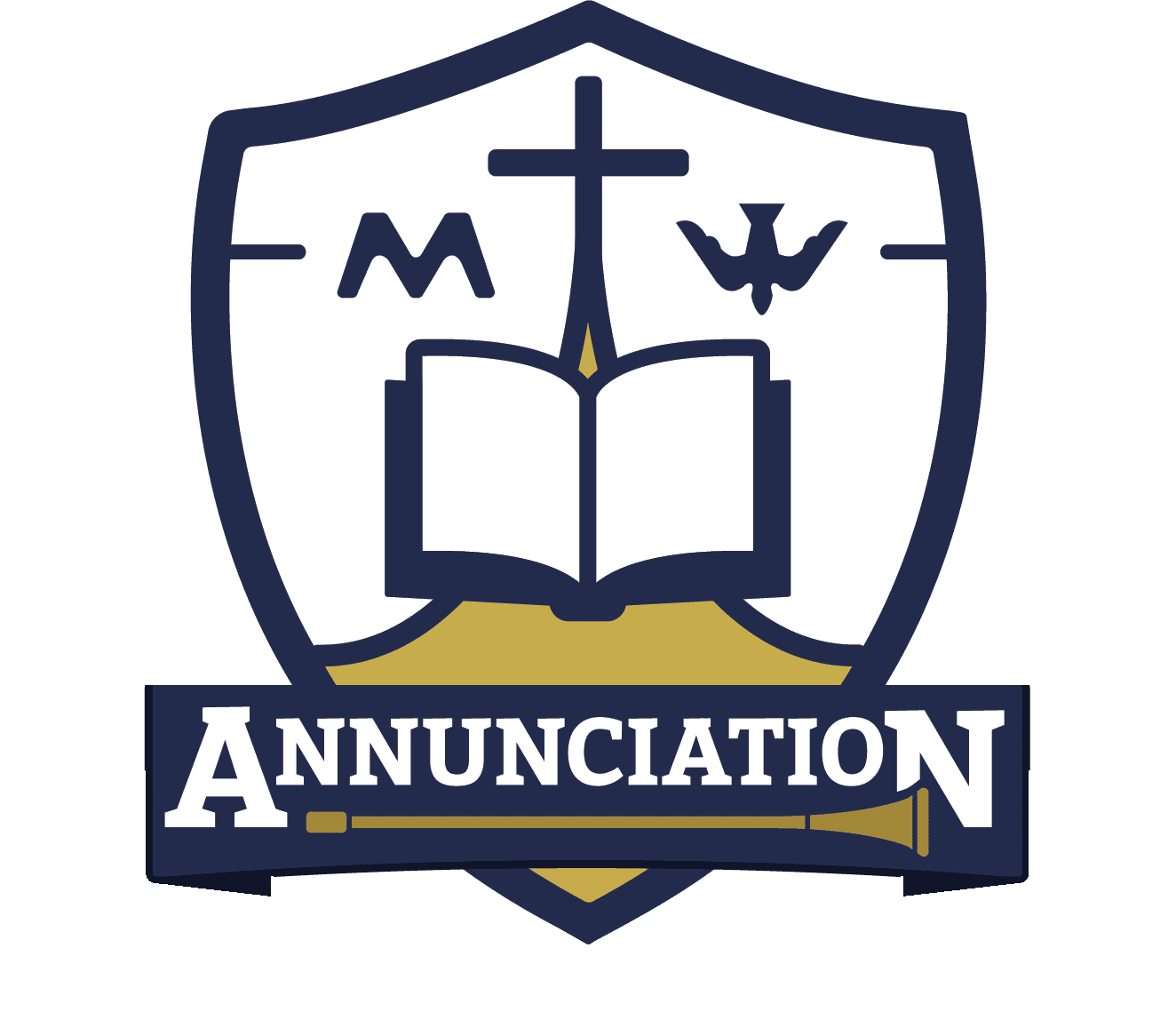Curriculum Basics
Curriculum: What It Is and What It’s Not
By Dr. Pristash
A common question asked of principals by parents is, “What curriculum does the school use?” I have found that in most cases what the parent, or other adult, means is, “What textbooks does the school use?” These are two very different questions. Since a school’s curriculum is the key to what is taught and learned, it is important to understand exactly what it is and is not. In order to explain the concept of curriculum (and textbooks), I am going to borrow from the work of Harry K. Wong (2009), a highly acclaimed educator, educational speaker and author. Anyone who has taken coursework in the field of education has read Harry Wong.
A true curriculum is set forth by a school or district and consists of the content (scope and sequence) of skills and knowledge to be taught and learned in the classroom. Curriculum is based on broad standards, such as state standards or the new Common Core Standards. A curriculum guide lists the specific knowledge and skills to be taught for each subject at each grade level and states them as learner outcomes: “The student will add or subtract fractions with like denominators, no regrouping.” The teacher’s job is to know the outcomes listed in the curriculum and plan a variety of lessons and activities, using a multitude of resources, to help students achieve the outcomes. A textbook may or may not be one of the resources used to deliver the curriculum
“Textbooks are important, but they are not the curriculum, nor should they be used in lieu of good teaching” (Wong, 2009, p. 137). At Annunciation our philosophy of teaching agrees with Wong – good teaching does not rely on one textbook or even several textbooks. They are simply one of many tools to use. “The textbook is not the curriculum. It should not be followed, chapter after chapter. The purpose of a textbook is to supplement the district curriculum and the creativity of the teacher. . . The textbook is one of many from a pool of resources used by effective teachers to impart the curriculum of the district. The effective teacher synthesizes the best from all available media—textbooks, videos, the Internet, etc.—to compose a lesson rich in information and creatively packaged to stimulate the students to learn” (Wong, 2009, p. 137).
In very simple terms, the curriculum is the “what” and textbooks are one of the “hows.” With that in mind, here are the answers to the two questions that introduced this article:
What curriculum does the school use?
Annunciation follows the curricular guidelines set forth by the diocese of Phoenix. A complete list of the curricular guidelines for all subjects and grades can be found on the ACS website (www.acsphx.org) as well as the diocesan website (www.catholicschoolsphx.com). The diocese is in the process of adopting the Common Core Standards, a set of national standards that are replacing individual state standards. For more information see http://www.corestandards.org/.
The Common Core Standards provide consistent and well researched expectations for student learning. At ACS we consider the Common Core the “basic” or “minimal” curriculum. Our goal is to teach beyond the common core – beyond the grade level scope and sequence – in order to ensure that our students are held to high academic standards that will prepare them for the high schools and colleges of their choice. In order to be accountable to this goal, the teachers at ACS create curriculum maps that show the scope and sequence of what is taught and when, including skills and knowledge above grade level standards.
What textbooks does the school use?
Annunciation uses a variety of textbooks and packaged instructional materials to deliver the curriculum in a variety of ways, but we do not rely on a textbook to define or limit what is learned.
If you have any questions about the school’s curriculum or instructional materials, please don’t hesitate to contact your child’s teacher or me. That’s why we’re here.
Wong, H.K. (2009). The first days of school: How to be an effective teacher. Mountain View, CA: Harry K. Wong
Publications.

